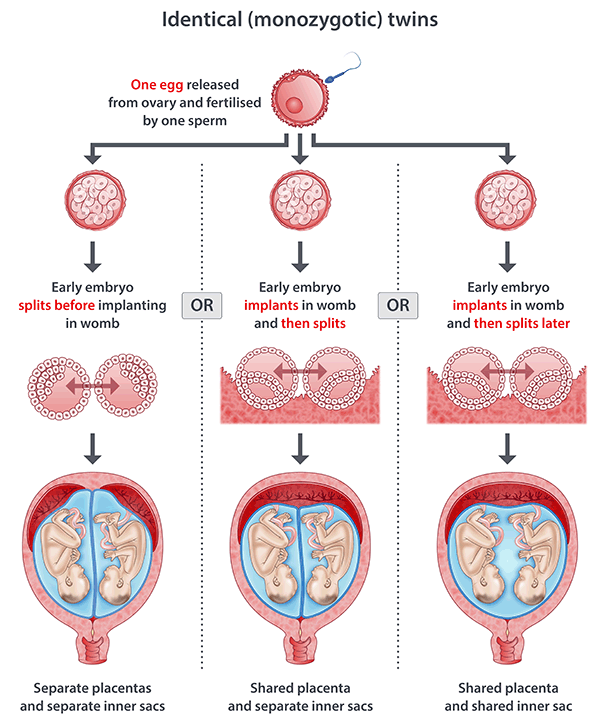
Pregnancy Information on Twins: A Comprehensive Guide
Introduction
Pregnancy with twins, also known as a twin pregnancy, is a unique and often challenging experience. It requires special care and monitoring to ensure the health of both the mother and the babies. This comprehensive guide provides essential information on twin pregnancy, including its causes, symptoms, risks, and management.
Causes of Twin Pregnancy
Twin pregnancies can occur due to several factors:
- Dizygotic (Fraternal) Twins: Result from the fertilization of two separate eggs by two different sperm. These twins are genetically distinct and may be of different sexes.
- Monozygotic (Identical) Twins: Occur when a single fertilized egg splits into two embryos. These twins share the same genetic material and are always of the same sex.
- Assisted Reproductive Technologies (ART): Procedures such as in vitro fertilization (IVF) and intrauterine insemination (IUI) increase the likelihood of multiple pregnancies.
Symptoms of Twin Pregnancy
Early symptoms of a twin pregnancy are similar to those of a singleton pregnancy, including:
- Nausea and vomiting
- Fatigue
- Frequent urination
- Breast tenderness
- Abdominal bloating
As the pregnancy progresses, additional symptoms may develop:
- Rapid weight gain
- Excessive uterine growth
- Increased blood pressure
- Shortness of breath
- Back pain
- Leg cramps
Risks of Twin Pregnancy
Twin pregnancies carry certain risks compared to singleton pregnancies:
- Preterm Birth: Twins are more likely to be born prematurely, which can lead to health complications.
- Low Birth Weight: Twins often have lower birth weights than singletons.
- Gestational Hypertension: High blood pressure during pregnancy is more common in twin pregnancies.
- Preeclampsia: A serious condition characterized by high blood pressure and protein in the urine.
- Placental Abruption: The placenta separates from the uterine wall prematurely.
- Twin-to-Twin Transfusion Syndrome (TTTS): A condition where one twin receives more blood flow than the other.
Management of Twin Pregnancy
Managing a twin pregnancy requires close monitoring and specialized care:
- Prenatal Care: Regular prenatal visits are essential to track the growth and well-being of both babies.
- Ultrasound Monitoring: Frequent ultrasounds are used to assess fetal growth, amniotic fluid levels, and placental health.
- Nutritional Support: A healthy diet with adequate calories and nutrients is crucial for both the mother and the babies.
- Exercise: Moderate exercise, such as walking or swimming, is generally safe during a twin pregnancy.
- Medication: Medications may be prescribed to manage conditions such as gestational hypertension or preeclampsia.
- Hospitalization: In some cases, hospitalization may be necessary for close monitoring or treatment of complications.
Delivery of Twins
The delivery of twins can be more complex than a singleton birth:
- Vaginal Delivery: If the babies are positioned head-down and there are no complications, a vaginal delivery may be possible.
- Cesarean Section: If the babies are not positioned correctly, if there are complications, or if the mother’s health is at risk, a cesarean section may be necessary.
Postpartum Care
After the delivery of twins, the mother and babies require continued care:
- Recovery: The mother may experience increased blood loss and a longer recovery period.
- Breastfeeding: Breastfeeding twins can be challenging but is possible with support and guidance.
- Bonding: Establishing a bond with both babies is important for their emotional and physical development.
- Support System: Having a strong support system of family, friends, or healthcare professionals is crucial for both the mother and the babies.
Conclusion
Pregnancy with twins is a unique and often challenging experience that requires specialized care and monitoring. By understanding the causes, symptoms, risks, and management of twin pregnancy, mothers can prepare for a healthy and successful outcome. Regular prenatal care, a healthy lifestyle, and a strong support system are essential for the well-being of both the mother and the babies.